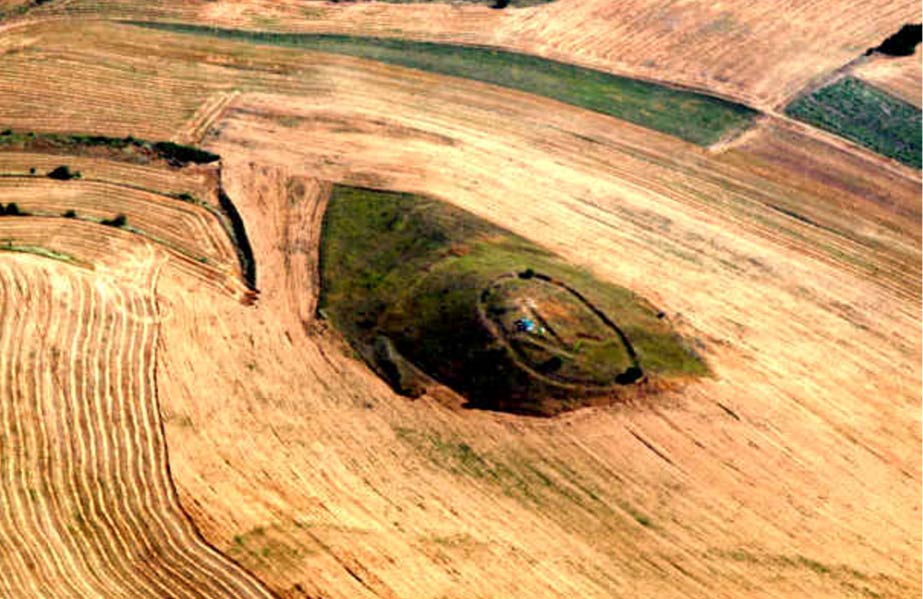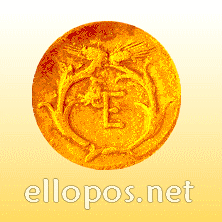Appreciate the input. I would love to see an explanation of their methodology for this translation. Anyway, have any of you guys translated this:
Πελλήν (Macedones) * + Κούφην, καί φαιάν τώ χρώματι
I myself cannot do it since I don't recognize any of those Greek words they use for the translation. Let me know if you guys find something out.
Πελλήν (Macedones) * + Κούφην, καί φαιάν τώ χρώματι
I myself cannot do it since I don't recognize any of those Greek words they use for the translation. Let me know if you guys find something out.




Comment